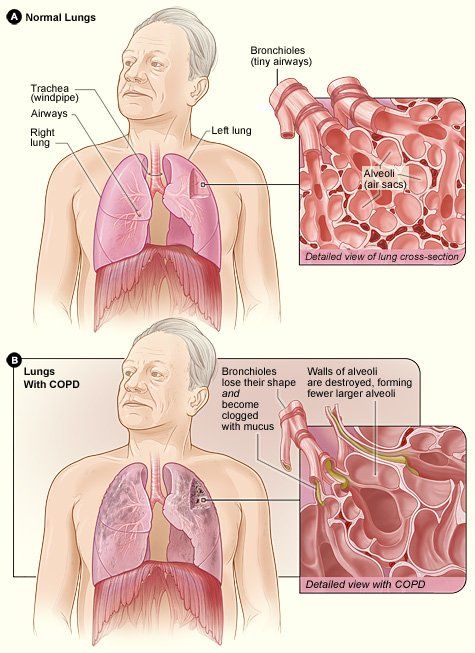Tips to Improve Senior Health Care
Tips for Better Sleep to Improve Senior Health Care

Tips for Better Sleep to Improve Senior Health Care
Numerous studies have shown that to be at your optimum health you need 7-9 hours of sleep per-night. In America, 35% of adults sleep less than 7 hours a day. There are many reasons people don’t sleep well and seniors get less quality sleep than most other adults. Most seniors get less sleep because of sleep disorders and other medical problems which wake them up during the night. This can lead to sleep deprivation.
Sleep better for improved senior health care Plantation, Florida
The effects of sleep deprivation cause stress on your body and mind, making any task seem that much harder. When you are tired like this, day after day, you are more likely to lose balance and fall, possibly causing a serious injury. Getting enough sleep improves our immune system, which can improve your overall life. Here are some actions you can take right now for a better night’s sleep.
***
Here are some actions you can take during the day, to improve your sleep at night:
Plan Your Sleep
Plan your sleep ahead of time, like you would plan a meeting. You should aim for 7 to 9 hours of sleep. If you don’t have a full 7 to 9 hours straight, try to break it into naps instead. Also, try to go to bed at the same time every night, practice will help your body get into a better sleep routine.
Limit Caffeine
Caffeine is a known stimulant, which increases our energy and make it harder to fall asleep quickly. Try limiting your caffeine to the morning for a better night’s sleep, or 6-8 hours before bed.
Stop Alcohol and Nicotine
Both alcohol and nicotine disrupt your sleep cycle. Smokers spend more time lightly sleeping and less time in deep sleep, than non-smokers. Drinking too much alcohol also disrupts the body’s natural sleep pattern, causing you to wake up early, and have trouble falling back to sleep once you are awake. Check out this other article about some of the health benefits of reducing your alcohol consumption.
Purchase a New Bed
If your bed sags, is too firm, or too soft, it can cause pain and stiffness in your joints and muscles. These problems can escalate over time, causing more serious problems. Some beds may make you hot or cold, which may also wake you up at night. Getting a mattress that fits your needs, may make all the difference for a better night’s sleep.
Diet
Your diet affects everything from energy to sleep. If your body is digesting food, you may not be able to go to sleep right away. Try eating no less than 2 to 3 hours before going to bed.
Exercise
Exercising for 30 minutes every day will help you fall asleep faster and stay asleep longer. For those who find it difficult to exercise, talk with your doctor and see what options are available for you.
***
The hours leading up to bed-time are the most important for sleep. Here are some actions you can take to start preparing for bed a couple hours before you go to sleep.
Take a Warm Bath
Try taking a warm bath 60 to 90 minutes before bed. The temperature change naturally signals rest and relaxes you. This will insure your temperature has time to drop enough to sleep comfortably.
Drink Less Fluids Before Bed
Getting up every couple of hours to run to the bathroom is aggravating and counterproductive. Reduce your fluid intake before you go to bed to reduce the chances of this happening.
Meditate
Many studies indicate that medication is great for the body and the mind. “Clearing” your head can help you fall asleep faster and help you stay asleep longer. Try to achieve 30 minutes of meditation a day. If it is hard at first to sit for long periods of time, break your meditation sessions into three 10-minute sessions a day. Don’t feel bad if you can’t do it at first, there is no right way to meditate. Keep practicing or get help from an expert.
Limit Screen Time
Bright light makes us alert and inhibits the secretion of melatonin (the hormone that lets your body know it’s time to sleep). Try to read a book–a traditional book created from paper, not one on your tablet, phone or eReader–in the last hour before bed.
Need Help Getting to Sleep at Night?
If you or a loved one find yourself waking up frequently at night or have trouble with falling asleep, contact Primary Care Offices. They can help you identify the problem and get the help you need.
Also keep in mind that at Primary Care Offices, we have doctors who accept Medicare and Medicaid on staff, as well as others who are on the list of Humana healthcare providers.
Contact Primary Care Offices for a same day doctor’s appointment at one of our conveniently located offices all over South Florida. Give us a call at 954-450-9595, chat online, or visit our patient portal on our home page to get a comprehensive health exam.











